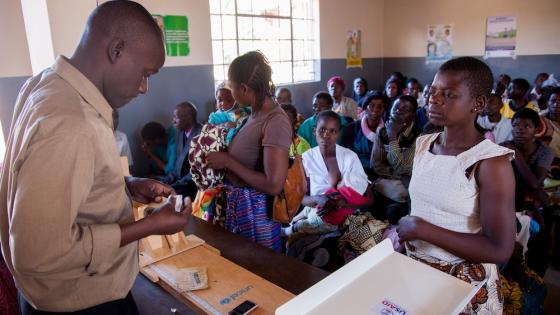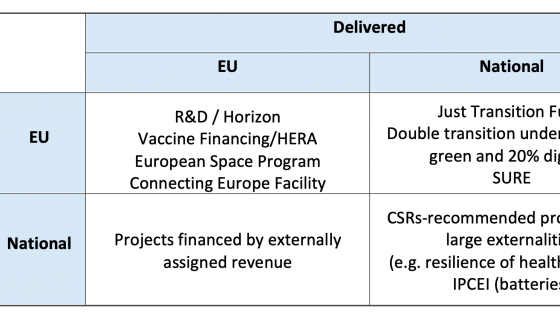DP5958 Garbled Elections
Majority rules are frequently used to decide whether or not a public good should be provided, but will typically fail to achieve an efficient provision. We provide a worst-case analysis of the majority rule with an optimally chosen majority threshold, assuming that voters have independent private valuations and are ex-ante symmetric (provision cost shares are included in the valuations). We show that if the population is large it can happen that the optimal majority rule is essentially no better than a random provision of the public good. But the optimal majority rule is worst-case asymptotically efficient in the large-population limit if (i) the voters' expected valuation is bounded away from 0, and (ii) an absolute bound for valuations is known.


